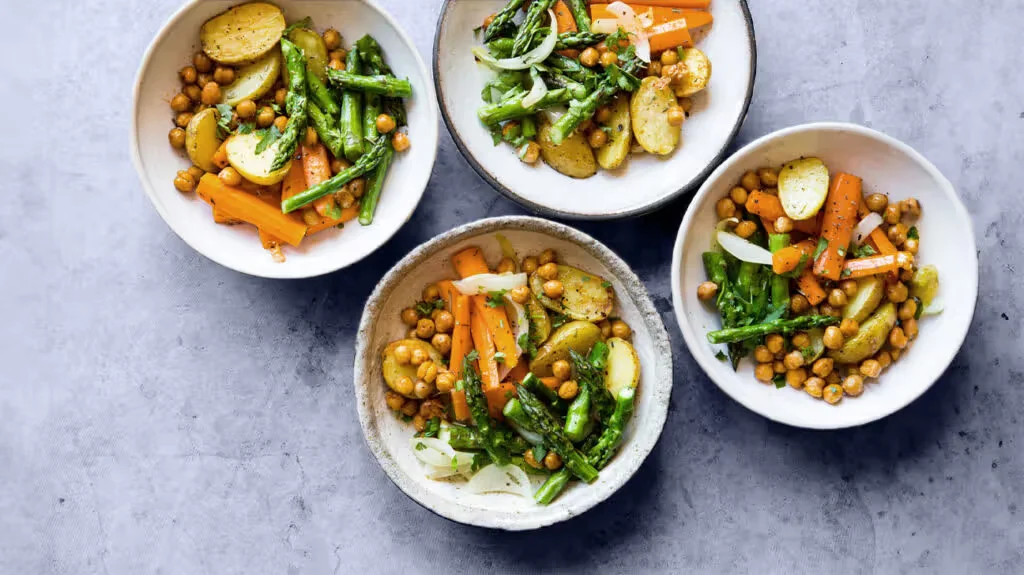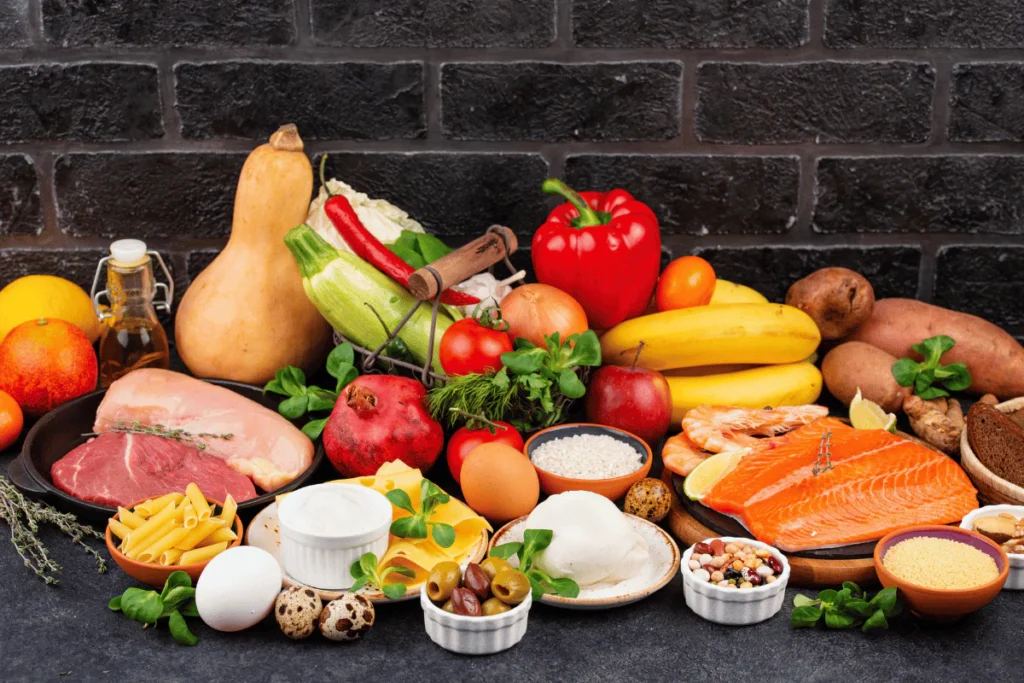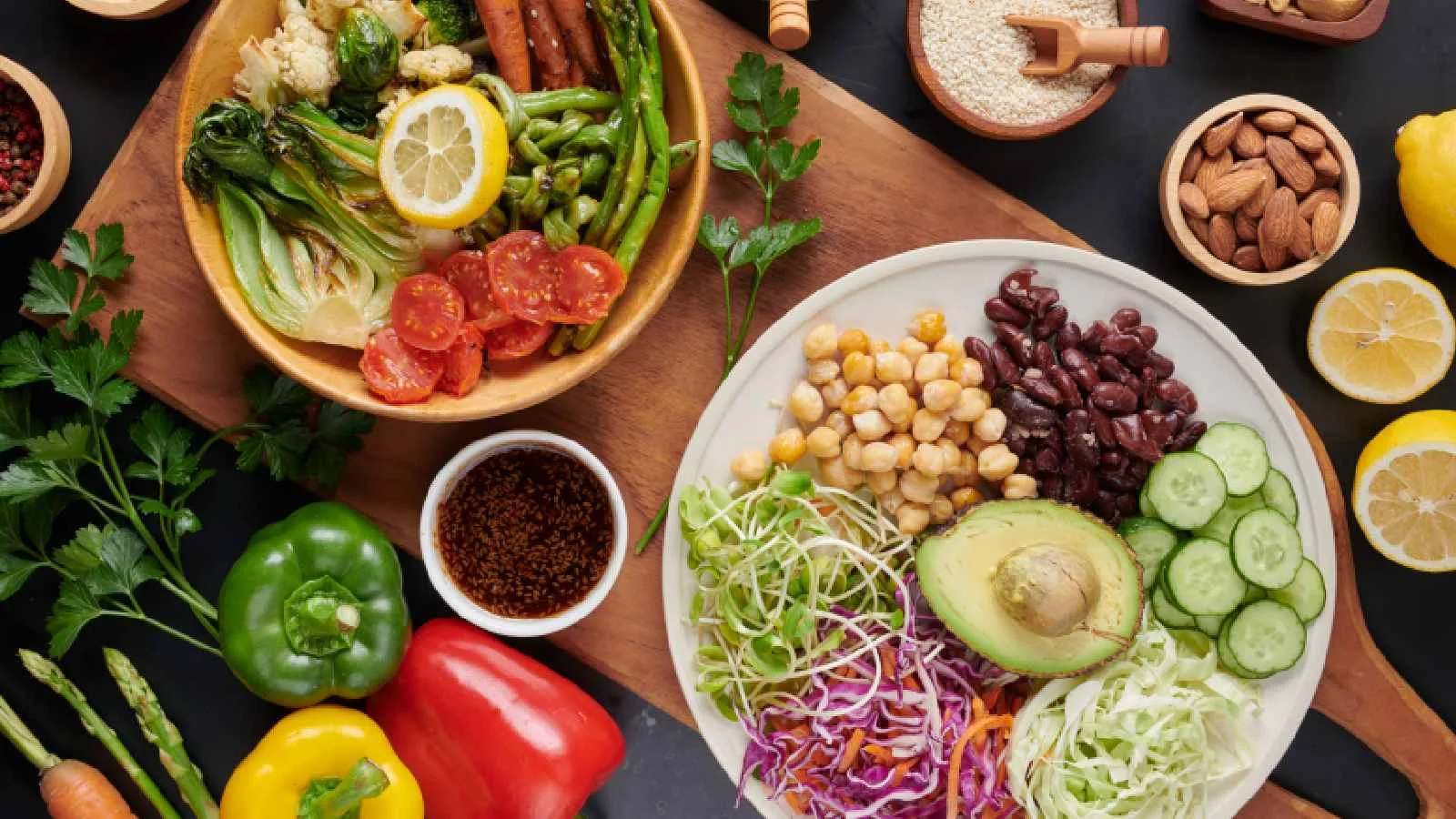A balanced diet is not about strict limitations or depriving yourself of the foods you love. It’s about eating the right quantities of nutrients your body needs to function well. A truly healthy diet includes a variety of foods in the right proportions and provides enough calories to maintain a healthy body weight. Whether you’re young or old, maintaining a balanced diet helps improve energy, supports growth, and enhances the immune system’s function.
Many people think eating healthy is complicated, but it doesn’t have to be. By making wise food choices, you can create a balanced diet that provides your body with everything it needs. The goal is to feel good, stay fit, and reduce the risk of disease, rather than following fad diets or eliminating food groups. In this article, we’ll explore everything you need to know about creating and maintaining a balanced diet.
What Is a Balanced Diet and Why Is It Important?
A balanced diet provides essential nutrients like protein, carbohydrates, healthy fats, vitamins, and minerals. Each of these plays a role in keeping your body working efficiently. If your diet lacks even one crucial nutrient, it can have a long-term impact on your health.
When your meals are balanced, your energy levels stay high throughout the day. Your skin glows, your sleep improves, and your body stays in good shape. Balanced eating also helps prevent long-term health problems, such as diabetes, heart disease, and obesity. A healthy lifestyle starts with what you put on your plate, and small changes in your meals can lead to significant results.
Components of a Balanced Diet

To maintain a balanced diet, you need to include all major food groups in the correct proportions. Here’s what your plate should ideally contain:
Fruits and Vegetables
These are rich in fibre, vitamins, and antioxidants. Eating a variety of colours helps boost your immunity and digestion. Aim to fill half your plate with them daily.
Whole Grains
Whole grains, such as oats, brown rice, and whole wheat, keep you full and energized. They provide complex carbs and essential fibre. Choose unrefined options whenever possible.
Proteins
Protein supports muscle repair and strengthens your body. Sources include eggs, fish, chicken, beans, and nuts. Try to include some protein in every meal.
Dairy or Alternatives
Dairy foods provide calcium and vitamin D to support bone health. Options like milk, yogurt, and fortified plant-based drinks are all effective. Choose low-fat versions if needed.
Healthy Fats
Good fats support heart and brain function. You’ll find them in avocados, seeds, nuts, and olive oil. Eat them in moderation for long-term health.
Plenty of Water
Water helps transport nutrients and removes waste from your body. It also keeps your skin clear and your energy high. Drink 6–8 glasses daily for proper hydration.
Benefits of a Balanced Diet for Daily Life

Eating a balanced diet daily supports not only your body but also your mind. It improves focus, mood, and energy by giving your brain the right fuel. A nutrient-rich diet also boosts immunity, helping you stay healthier year-round.
It enhances digestion, regulates hormones, and reduces unwanted bloating. Balanced eating also leads to glowing skin, stronger hair, and better memory. Maintaining a steady weight becomes easier when your meals are well-rounded and consistent.
Signs Your Diet Might Not Be Balanced
If your body isn’t getting the proper nutrients, it starts to send warning signals. These signs may seem small at first, but can lead to bigger health issues if ignored. Paying attention early can help you make the right dietary changes.
Common Warning Signs
- Constant fatigue
- Poor concentration
- Frequent mood swings
- Hair fall or brittle nails
- Weak immunity and frequent infections
Simple Ways to Make Your Meals More Balanced
Creating a balanced meal doesn’t require fancy ingredients or a big budget. Even small changes, such as replacing processed foods with whole foods, can significantly improve your health. Try adding colorful vegetables and fruits to your plate, and include a source of protein with every meal.
Avoid sugary drinks and processed snacks, and be mindful of portion sizes. Reduce your intake of salt and sugar whenever possible, and always check food labels before purchasing packaged products. These simple steps help you build a stronger, healthier eating routine.
How to Maintain a Balanced Diet with a Busy Lifestyle
Eating healthy while managing a busy life can be challenging, but it’s not impossible. A little planning goes a long way. Batch cooking meals, prepping ingredients in advance, and choosing simple, nutritious options can save both time and stress. Having healthy snacks, such as fruits or nuts, within reach helps you avoid grabbing junk food on the go.
Start your day with a balanced breakfast and stay hydrated throughout the day. When eating out, opt for grilled items over fried ones and steer clear of sugary drinks. Making these small, mindful choices daily helps you stay consistent with your balanced diet, even on the busiest days.
Balanced Diet for Children and Teens
Children need a balanced diet to grow properly and stay active. Their meals should include a mix of fruits, vegetables, grains, dairy, and protein. Avoiding junk food is especially important during their early years, as this is when lifelong habits are formed.
Good nutrition for kids helps with:
- Healthy growth and development
- Better focus and school performance
- Strong bones and muscles
- Active play and learning
Balanced Diet in Weight Management
Whether your goal is to lose, gain, or maintain weight, a balanced diet plays a vital role. Extreme diets that eliminate entire food groups can cause nutrient deficiencies and disrupt your metabolism. Instead, focus on eating a variety of whole foods in the proper portions to support your body’s needs.
A balanced diet helps prevent cravings, maintains steady energy levels, and supports muscle growth through adequate protein intake. Proper portion control also helps reduce excess fat without making you feel deprived, making it easier to stay consistent with your fitness goals.
Transitioning to a Balanced Diet Gradually
You don’t have to change everything overnight. Begin by improving one meal at a time. Replace white bread with whole grain, or soda with water. Slowly reduce your sugar intake. As you build these habits, eating balanced meals becomes easier.
Use these gradual steps:
- Start your day with a healthy breakfast
- Add a fruit or vegetable to every meal
- Replace refined carbs with complex ones
- Include a lean protein source
- Limit takeout to once a week
Conclusion: Start Small, Stay Consistent
A balanced diet is not a short-term plan; it’s a long-term commitment to your health. With each wise food choice, you’re investing in a better, stronger, and happier version of yourself. Whether you’re cooking at home or choosing from a menu, aim for variety, moderation, and a balanced diet rich in nutrients.
Everyone’s needs are different, so listen to your body and make choices that support your unique lifestyle. Keep your goals realistic, and be gentle with yourself. One healthy meal at a time is enough to set the foundation for a better life.
Small changes bring lasting results. You don’t have to be perfect. Just stay consistent, stay balanced, and you’ll see the difference.










